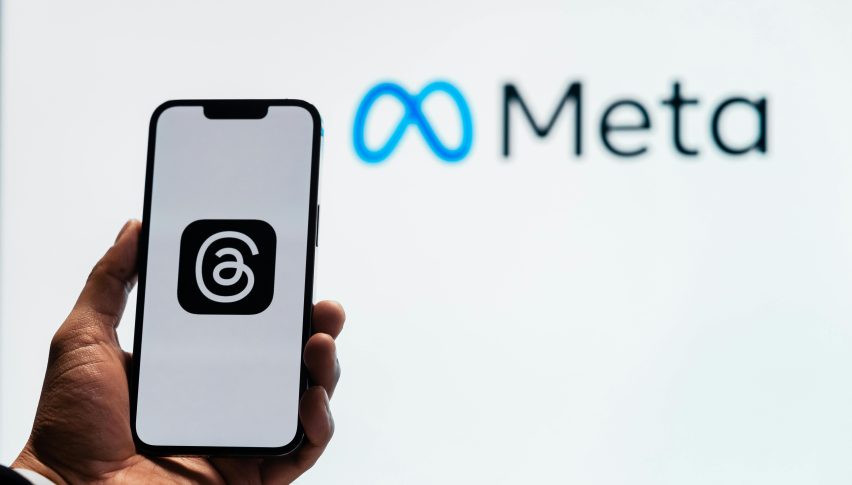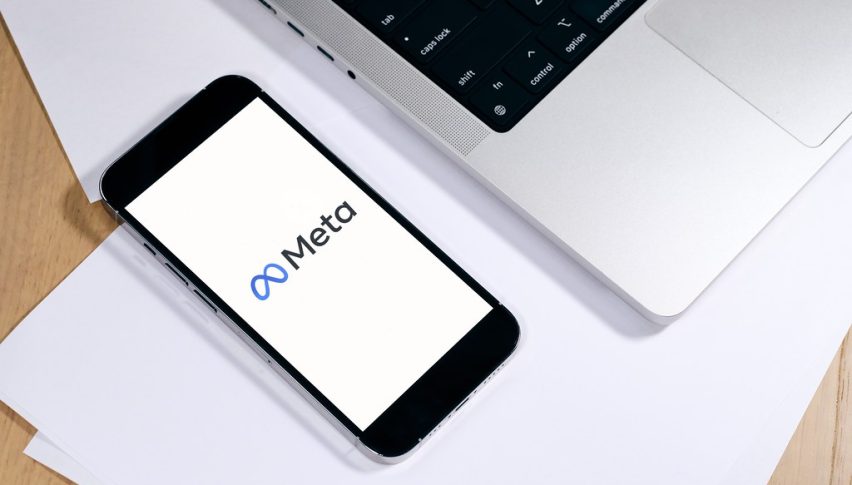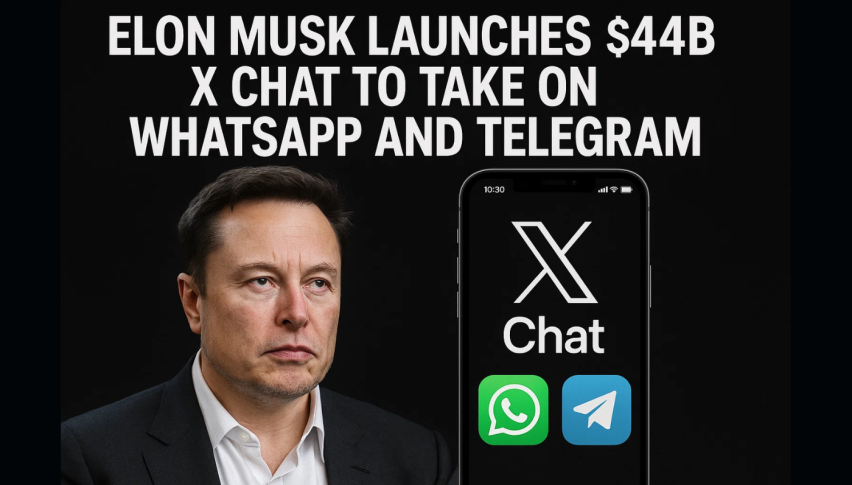Meta’s Breakup Bullet Dodged: Declining Share Saves the Day, $1000 Target in Sight
Meta achieved a significant victory in federal antitrust court when a judge ruled that the company is not required to dismantle its acquisitions

Quick overview
- Meta won a federal antitrust case, allowing it to keep its acquisitions of WhatsApp and Instagram as they are not deemed monopolies.
- Judge Boasberg noted that Meta's market share is declining and that competition in the AI sector is intensifying.
- The judge highlighted that platforms like TikTok and YouTube have evolved to offer similar functionalities, diminishing Meta's competitive edge.
- Despite its strong social graph, Meta faces increasing competition from emerging platforms and AI firms developing their own social media solutions.
Meta achieved a significant victory in federal antitrust court when a judge ruled that the company is not required to dismantle its acquisitions of WhatsApp and Instagram, as they do not constitute monopolies. However, the judge’s reasoning may be a bit uncomfortable.
Judge James Boasberg sided with Meta, stating that since the company’s market share is already declining, it can remain intact. He noted that while Meta is expanding, the range of online activities is also growing, making the company increasingly similar to its competitors.

The judge stressed that competition in the artificial intelligence sector will continue to intensify. He noted that various developments over the past decade, advancements in technology, and changes in social attitudes have reduced Meta’s distinct advantages. According to Boasberg, “Facebook, Instagram, TikTok, and YouTube have all evolved to feature nearly identical main functionalities.”
**Bull Case:** Overall, digital audio spending is supported by Meta’s strong ecosystem and the stability of the advertising market following the election. The merger synergies between Sirius and XM could enhance buybacks and dividends, potentially adding $200 million in annual EBITDA. If subscriber growth increases through exclusive podcasts, shares could reach $1,000 next year.
The company has managed to fend off potential competitors for years by leveraging its most valuable asset: the “social graph,” or the network of friends and family that users interact with on Facebook and Instagram.
Owning the social graph has been seen as Meta’s competitive advantage, creating a network effect that makes it difficult for users to leave the platform. To replicate this experience on another platform, one would have to rebuild relationships with friends and family.
Over time, however, the balance of power has shifted, and Meta hasn’t always reaped the benefits. Boasberg has often stated his belief that Meta’s role as a network of friends and family has diminished over time. Where else can users go to get updates from everyone in their lives in one location?
Meanwhile, TikTok and YouTube have emerged as major players in the social video market. Both platforms have developed advanced recommendation algorithms to tailor content to users’ preferences and boast extensive video libraries that can be shared based on individual tastes. Reports indicate that AI firms like OpenAI are also developing their own social media feeds for users to explore, suggesting that other AI competitors may not be far behind.
- Check out our free forex signals
- Follow the top economic events on FX Leaders economic calendar
- Trade better, discover more Forex Trading Strategies
- Open a FREE Trading Account


